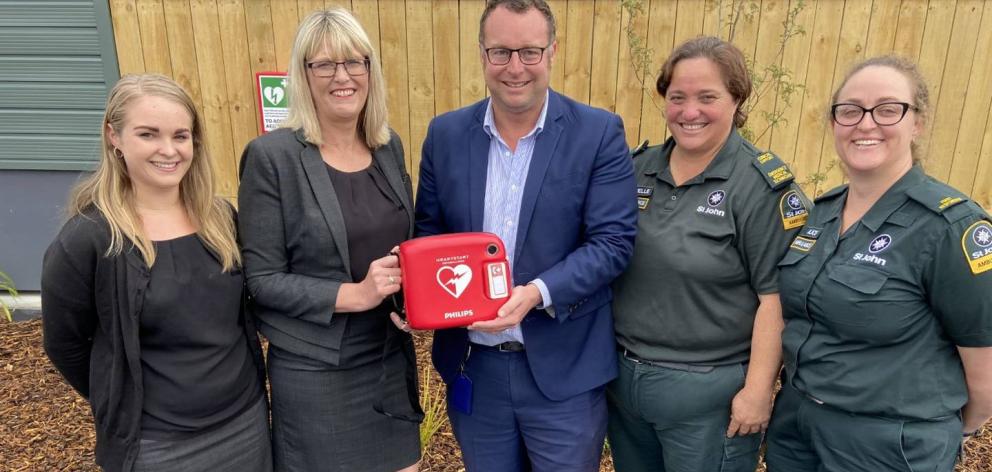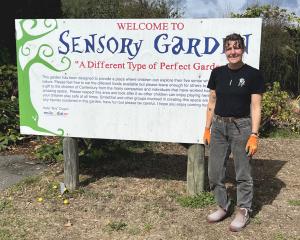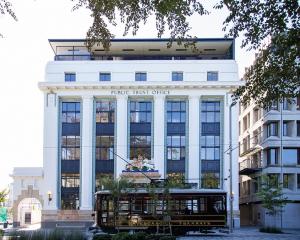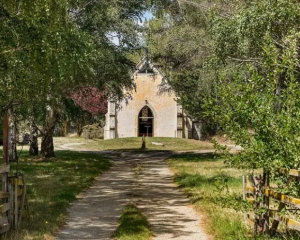
The life-saving devices were presented to the Ōtautahi Community Housing Trust by ASB and St John.
The St John Christchurch Area Committee has donated outdoor cabinets for the AEDs, which will be installed at Reg Stillwell Place and Bridgewater Courts community housing complexes.
The area committee has previously placed four AEDs and cabinets in OCHT communities.
A spokesperson for the Ōtautahi Community Housing Trust said they are thrilled to be able to house the lifesaving devices, which will be available for the surrounding communities.
"There are fewer AEDS in East Christchurch than many other parts of the city, and the donations are a fantastic addition," OCHT tenancy relations manager James Hadlee said.
"There have been occasions when tenants have performed CPR to save lives. Last year's OCHT Housing Heroes Award was won by a Pickering Courts resident who responded to a neighbour's calls for help.
"He heard his neighbour upstairs yelling for help and when he arrived, he found him on the ground looking blue with no pulse. He started CPR and continued compressions until paramedics arrived."
Findings from St John's Out of Hospital Cardiac Arrest Report, released in March last year, reveal that five people a day are treated by ambulance officers for a cardiac arrest.
People in low income and rural areas are not only twice as likely to suffer a cardiac arrest but have considerably fewer public AEDs available.
Compared to Europeans, Pacific Island and Māori communities have a disproportionally higher incidence of out of hospital cardiac arrest associated with risk factors such as deprivation, a St John spokesman said.
"Studies by St John have revealed that every minute that goes by without CPR or defibrillation reduces the chance of survival by 10-15 per cent, with only about 13 per cent surviving a cardiac arrest.
"We know that this survival rate can be doubled by people taking three easy steps; calling 111 for an ambulance, starting CPR immediately and using the nearest AED," said Michelle Brett, St John Clinical Advisor - Hauora Māori.
"Having an AED accessible in a community housing complex where many people frequent, means lives can be saved."
ASB head of community and sponsorship Mark Graham said they have been supporting St John with their mission to get more AED's into communities.
"We have AEDs in all of our branches and have had to use them a number of times, so we know how critical they can be in an emergency when every minute counts. Having this AED will hopefully make a big difference when it's needed most."













